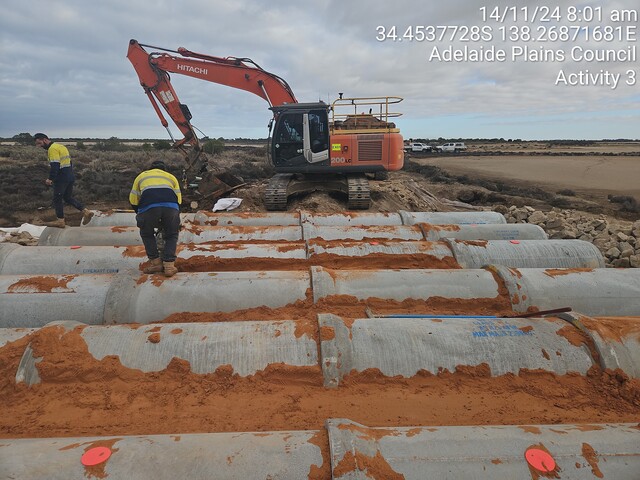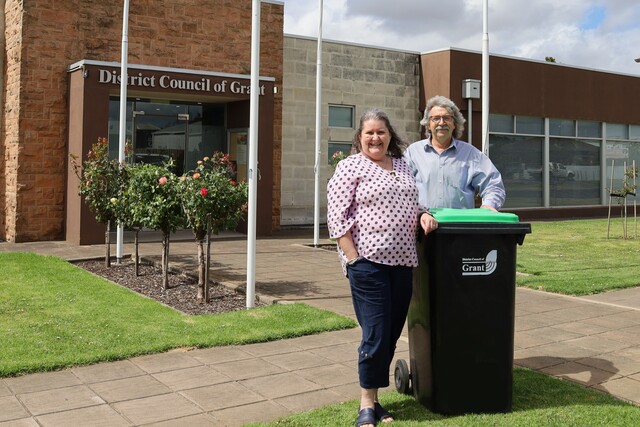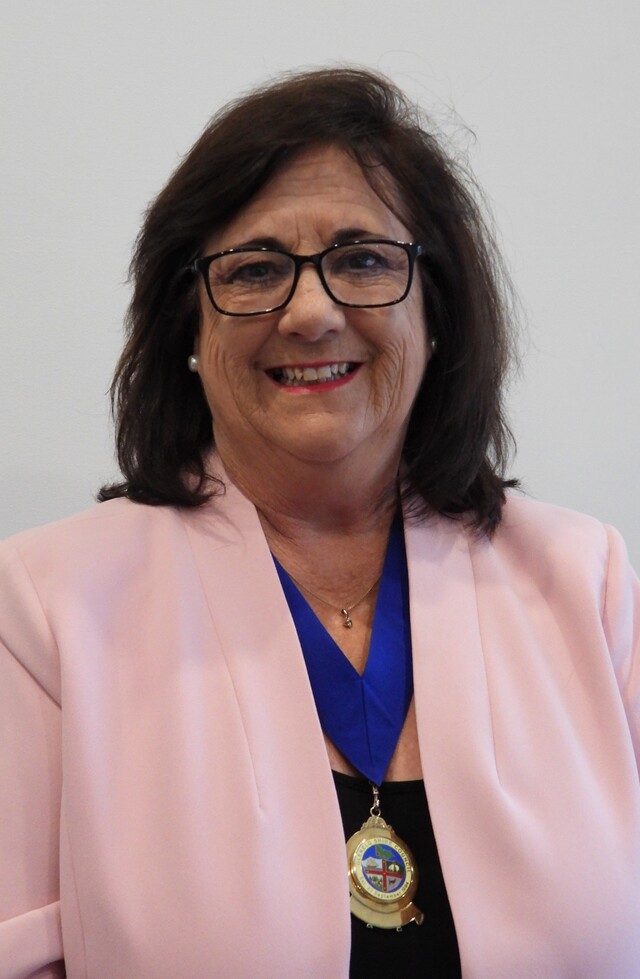As Australia’s local governments take on more expenditure responsibility each year, ongoing financial sustainability is becoming an increasing concern.
The Queensland local government sector received a ribbing in the State’s mainstream media last month, after the Queensland Audit Office released a report into the financial outlook of the sector.
The report – ‘Forecasting long-term sustainability of local government’ – found that many of the State’s councils lack substantial financial forecasting and are spending at an unsustainable rate.
“We have continually observed in our reports to parliament that around 50 percent of councilts spend more each year than they earn,” the report said.
Media reports were quick to excoriate councils, but Local Government Association of Queensland (LGAQ) Chief Executive Officer, Greg Hallam, said the report and subsequent coverage skewed the real picture and that councils face complex circumstances and increased revenue burdens.
In a newsletter to LGAQ members, Mr Hallam outlined the downwards pressure on Queensland councils: “Over the last five or six years previous state governments have significantly cut funding or imposed legislative measures restricting councils’ revenue raising ability.
“Couple this with the Federal Government’s three-year freeze on indexation of financial assistance grants payments and, in aggregate, council revenues have copped an annual hit of $1 billion plus.
“In fairness, the last federal and state budgets have seen around $400 million of that returned largely in road funding. But it’s still a big hole.”
Ongoing financial sustainability is a concern for councils Australia-wide and it has deepened over time as intergovernmental financial assistance has waned.
A recent report from independent think-tank the McKell Institute, undertaken in conjunction with University of Technology Sydney: Centre for Local Government (UTS:CLG), suggested that re-establishing the link between council expenditure and revenue is crucial to ensuring long term financial stability.
Published in September, ‘Giving local governments the reboot – financial sustainability in local government’ noted that “both the scale and functional scope of local government spending has been the subject of a remarkable amount of change in the last two decades”.
The report found that over time local governments have been asked to pay for more services but revenue streams haven’t kept pace and nor has the financial support from other tiers of government.
Senior Lecturer at UTS Dr Bligh Grant said the report proposes that, as well as examining revenue sources for councils, attention also needs to be paid to what they are spending.
“What the McKell report says… is that, hang on a second, we also need to look at the other side of the balance sheet, and if we do that, we realise that local government expenditure has gone up by an average of 7.3 percent per year for the last 20 years for the sector as a whole, that’s a hell of a lot of money.
“Instead of just focusing on giving local government more money, we need to focus proper attention on demand and why it’s increasing.”
The report puts forward 18 recommendations and concludes that a “complete overhaul” of the sector is necessary to sure up the overall financial situation.
The underlying principle of the McKell report, said Dr Grant, is that “we really have to establish the nexus between the services that people get and their willingness to pay for them”.
He said councils need to establish better communication with residents about goods and services and explain where the cost to consumers has been subsidised by local government; for example, with merit goods such as swimming pools and libraries.
Establishing this link in the minds of residents is critical, said Dr Grant: “It’s necessary as a guiding principle for local government finance that we do everything that’s required so that people understand that relationship, that financial relationship.”
Other recommendations in the McKell report include abolishing rate capping and allowing local governments to have more flexibility around increasing own-source revenue.
Intergovernmental grants also come under scrutiny. The researchers suggest overhauling the current system and, instead of relying on state grant commissions, establish a non-partisan federal body that could more likely ensure appropriate horizontal fiscal equalisation.
The Australian Local Government Association (ALGA) said the report spotlights many areas of concern.
“The report highlights the real financial situation that local councils have been dealing with over the past few decades, in particular, increased expenditure pressures to provide higher levels of community services and infrastructure as well and responsibility shifting onto local government from other levels of government, without commensurate increases in revenue.
“There are a number of recommendations in the report that ALGA agrees with and has been broadly advocating for many years; for example, recommendation three, which says ‘higher levels of government should be discouraged from crowding-out the local government tax base’ and recommendation six, ‘rate capping should be abandoned as a matter of priority.’”
The Association said successfully engaging and communicating with ratepayers is critical, but can prove challenging for local governments.
“It is also very clear that communities expect to see where their rates and service fees go and that they deliver value and positive benefits and that is sometimes a challenge in today’s society with rapid news cycles.
“Local government is very transparent, with a lot of information publicly available, we need to make sure that the community is aware this information is there for them to see.
“Many councils and councillors use social media to get the message out and ALGA expects that this will only increase over time.”








